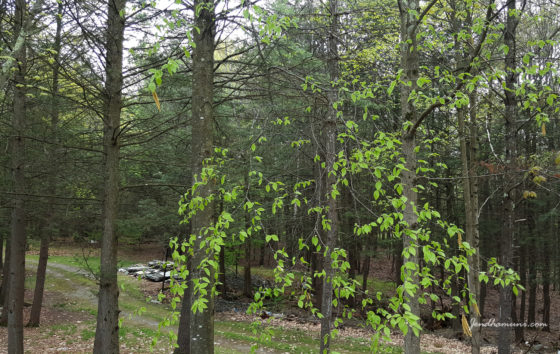Verse 91: The mindful strive diligently (in the Tranquillity and Insight Development Practice); they take no delight in the home (i.e., in the life of sensual pleasures); like swans (hamsa) that forsake the muddy pool, they abandon all home life (i.e., all cravings).
The Story of Thera Mahakassapa
While residing at the Veluvana monastery, the Buddha uttered Verse (91) of this book, with reference to Thera Mahakassapa.
The Buddha once spent the vassa at Rajagaha with a number of bhikkhus. About two weeks before the end of the vassa, the Buddha informed the bhikkhus that they would soon be leaving Rajagaha and told them to prepare for departure. Some bhikkhus stitched and dyed new robes, some washed the old robes. When some bhikkhus saw Mahakassapa washing his robes, they speculated, “There are so many people inside and outside Rajagaha who love and respect Thera Mahakassapa and are constantly looking to all his needs; is it possible that the Thera would leave his lay devotees here and follow the Buddha elsewhere?”
At the end of fifteen days, on the eve of his departure, the Buddha thought that there might be some occasions like alms-food offering ceremonies, initiation of novices, funerals, etc., and so it would not be proper for all the bhikkhus to leave. So he decided that some bhikkhus should remain at the Veluvana monastery and that the most suitable person would be Thera Mahakassapa. Consequently, Thera Mahakassapa remained in Rajagaha with some junior bhikkhus.
Then the other bhikkhus said scornfully, “Mahakassapa has not accompanied the Buddha, just as we have predicted!” The Buddha heard their remark and said to them, “Bhikkhus! Do you wish to say that my son Kassapa is attached to his lay disciples of Rajagaha and to the things they offer him? You are very much mistaken. My son Kassapa remains here under my instruction; he is not attached to anything here.”
Then the Buddha spoke in verse as follows:
Verse 91: The mindful strive diligently (in the Tranquillity and Insight Development Practice); they take no delight in the home (i.e., in the life of sensual pleasures); like swans (hamsa) that forsake the muddy pool, they abandon all home life (i.e., all cravings).
Dhammapada Verse 91
Mahakassapatthera Vatthu
Uyyunjanti satimanto
na nikete ramanti te
hamsava pallalam hitva
okamokam jahanti te.
Source: Tipitaka







